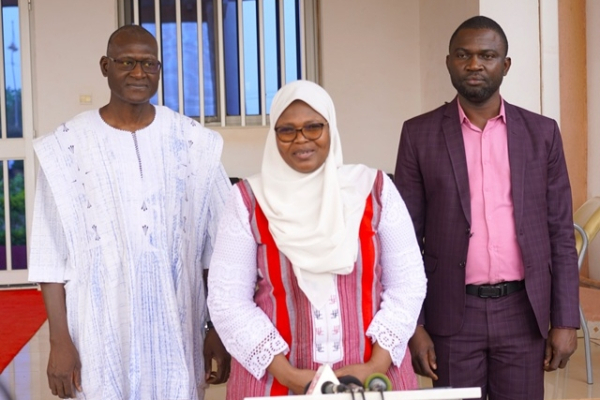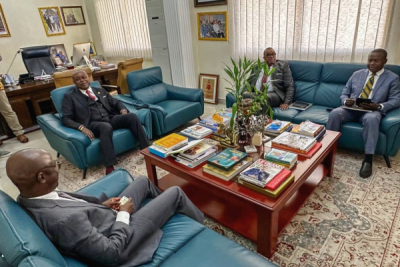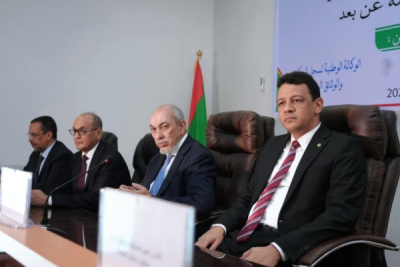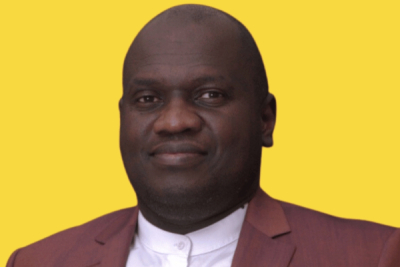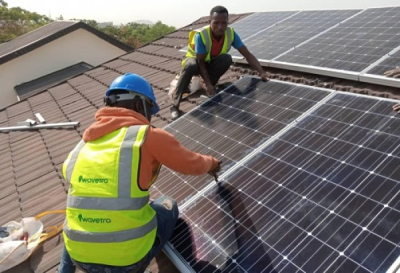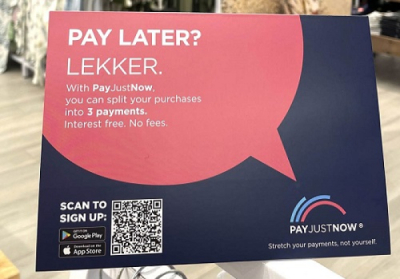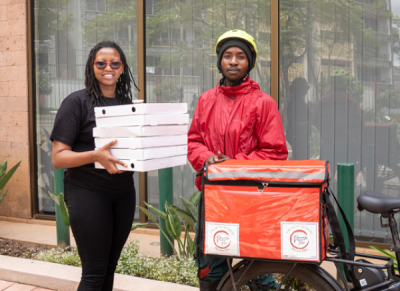Thanks to financial support from partners like the World Bank, Burkina Faso is rapidly advancing its digital transformation. In 2024, these efforts have significantly improved government efficiency.
Burkina Faso's Ministry of Digital Transition, Posts, and Electronic Communications unveiled its 2025 digital sector priorities during a 2024 objectives review ceremony on Friday, February 14, chaired by Prime Minister Rimtalba Jean Emmanuel Ouédraogo.
Key 2025 projects include completing data center construction, currently 70% finished, and expanding network coverage to at least 500 underserved localities. The ministry also plans to enhance the digitization of administrative services, conduct large-scale population enrollment for the WURI electronic unique identification project, and launch the Digital Transformation Acceleration Project (PACT DIGITAL), with an estimated budget of $150 million.
In 2024, the ministry launched a project to provide network coverage to over 130 localities in "white zones," rehabilitated the National IT Network for Administration (RÉSINA), began construction on two data centers, and deployed strategic digital platforms to accelerate digital transformation. Other initiatives included developing electronic signatures and legislative reforms to improve the country's digital environment. The ministry reported a 90.4% achievement rate for its 2024 objectives.
These initiatives aim to further Burkina Faso's digital transformation, with the government seeking to position the country as an African leader in integrating ICT into public administration, education, healthcare, commerce, and agriculture. However, Burkina Faso ranks 175th out of 193 countries in the United Nations E-Government Development Index (EGDI), with a score of 0.2895 out of 1, below the West African subregional average (0.3957), the continental average (0.4247), and the global average (0.6382).
The International Telecommunication Union (ITU) assigned Burkina Faso a score of 30.1 out of 100 in its 2024 ICT Development Index, placing it 43rd out of 47 African economies analyzed. According to the ITU, internet penetration in Burkina Faso is 19.9%, and mobile phone penetration is 21%. 3G network coverage reaches 53.2% of the population, while 4G coverage is 36.6%. In cybersecurity, Burkina Faso is classified at Tier 3 out of 5, indicating a need for stronger technical measures and skill development.
The ministry did not specify challenges preventing full achievement of its 2024 objectives, though the 90.4% completion rate was deemed "satisfactory." However, in its mid-year 2024 review, the government acknowledged that efforts to rehabilitate infrastructure and expand digital services in rural areas were hindered by security challenges, exacerbated by political instability.
By Isaac K. Kassouwi,
Editing by Sèna D. B. de Sodji


